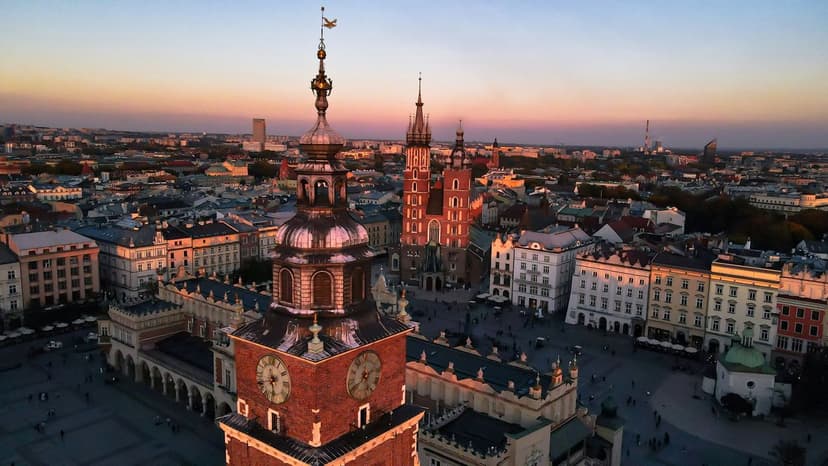
“Fight before it is too late”: arrest of Georgian journalist signals media crackdown
The arrest and hunger strike of Mzia Amaglobeli marks a defining moment for press freedom in Georgia
The Fix Newsletter
Everything you need to know about European media market every week in your inbox
8 articles • 0 Followers










